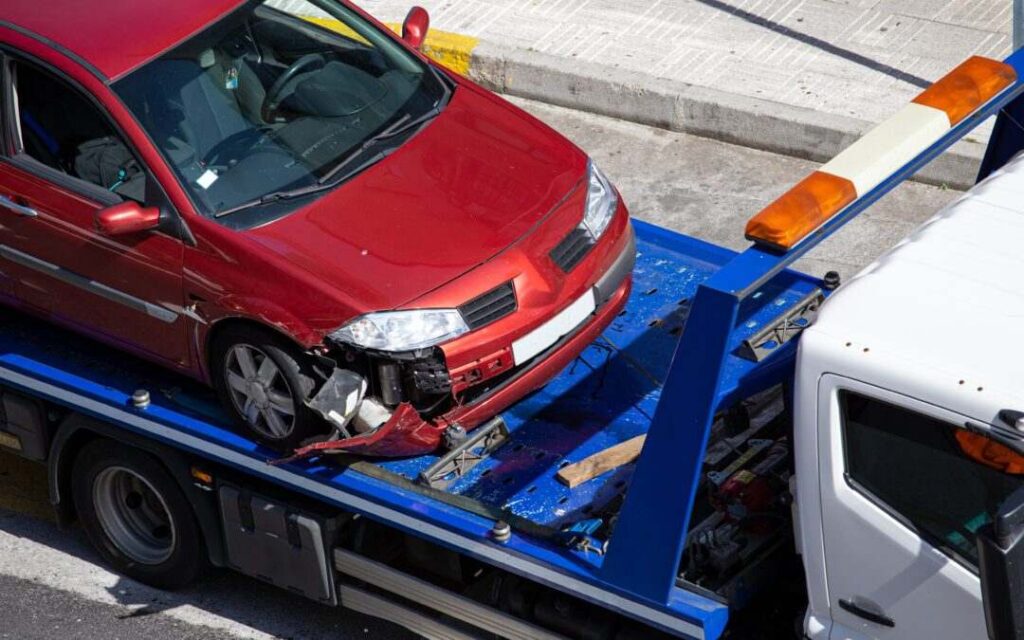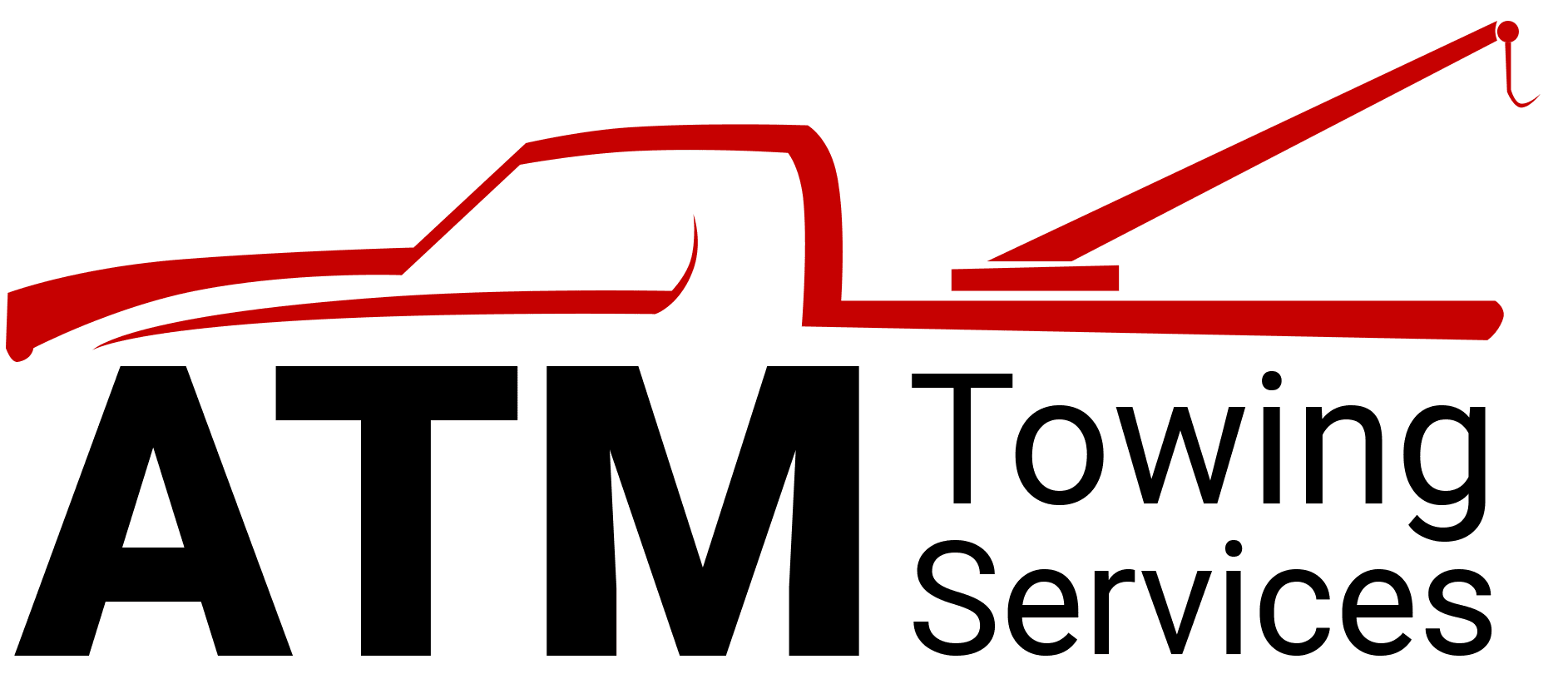Tow trucks from a reputable towing company play a vital role in ensuring the safety and efficiency of our roads by providing assistance to stranded vehicles, recovering damaged or disabled vehicles, and clearing accident scenes. However, tow truck operations involve inherent risks and challenges that demand strict adherence to safety protocols and best practices. In this comprehensive guide, we will explore the crucial aspects of tow truck operations and towing safety to promote a secure and effective environment for both tow truck operators and other road users.

Understanding Tow Truck Operations
Tow truck operations encompass a range of services aimed at assisting vehicles in distress. The range of services can be broadly categorized into the following groups:
- Roadside Assistance: Tow trucks provide a lifeline to drivers facing roadside emergencies such as flat tires, dead batteries, or lockouts. Operators offer prompt assistance to get vehicles back on the road safely.
- Vehicle Recovery: In cases of accidents or vehicles stuck in challenging terrains, tow trucks employ specialized equipment to recover and transport damaged or immobilized vehicles to designated locations.
- Vehicle Towing: When vehicles are involved in accidents or experience mechanical failures that cannot be repaired on-site, tow trucks transport them to repair shops or impound lots.
- Illegal Parking Removal: Tow trucks may also be employed to remove illegally parked vehicles from private properties or public areas, ensuring smooth traffic flow and compliance with parking regulations.
Towing Safety Measures
Towing operations involve various risks, both for the tow truck operators and other road users. Implementing safety measures is critical to minimizing accidents and ensuring the well-being of everyone involved. Here are essential towing safety guidelines:
- Proper Equipment Inspection: Regularly inspect all towing equipment, including the tow truck’s mechanical components, winches, cables, and hooks. Make sure that they are in proper working condition and comply with safety standards.
- Load Distribution and Securement: When towing a vehicle, ensure proper load distribution to prevent instability during transportation. Use appropriate tie-downs, straps, and chains to secure the towed vehicle effectively.
- Be Visible and Use Signals: Tow trucks should be equipped with high-visibility lights and reflective markings to make them easily identifiable on the road. Use proper warning signals, such as hazard lights and flares, to alert other motorists.
- Speed and Braking: Adhere to speed limits and maintain a safe following distance to allow for adequate braking. Tow trucks have increased stopping distances due to the additional weight of towed vehicles.
- Communication: Establish clear communication between the tow truck operator and the driver of the towed vehicle. Use hand signals or radios to ensure synchronized movements during the loading and unloading process.
- Stay Informed and Alert: Tow truck operators should be aware of weather conditions, road closures, and potential hazards on their route. Stay alert and adapt to changing situations to ensure safe navigation.
- Proper Licensing and Training: Ensure that all tow truck operators hold the necessary licenses and certifications for operating commercial vehicles. Regularly train employees on towing safety procedures and emergency response protocols.
Emergency Scene Safety
When responding to accidents or breakdowns, tow truck operators must prioritize safety at the emergency scene. Here are essential measures to enhance safety during emergency operations:
- Secure the Scene: Create a safe perimeter around the accident site using cones, flares, or barriers to protect the scene from further collisions.
- Visibility and Illumination: Ensure adequate lighting to improve visibility for operators and other road users. This is especially important during nighttime operations.
- Communication with Authorities: Cooperate and communicate effectively with law enforcement officers and emergency responders at the scene.
- Traffic Control: Direct traffic away from the accident site to prevent congestion and additional hazards.
- Personal Protective Equipment (PPE): Ensure all tow truck operators wear appropriate PPE, including reflective vests and safety helmets, when working on the road.
Regulatory Compliance and Insurance
Tow truck companies must comply with all applicable local, state, and federal regulations regarding towing operations. This includes licensing, insurance requirements, and adherence to transportation laws. Maintaining comprehensive insurance coverage is crucial to protect against potential liabilities and damages during towing operations.
Choosing a Reliable Towing Company
When selecting a towing company, consider the following factors:
- Reputation and Reviews: Examine online reviews and testimonials to assess the company’s reputation and customer satisfaction levels.
- Experience and Expertise: Opt for a towing company with extensive experience and skilled operators to ensure a smooth and safe towing process.
- Response Time: Choose a company known for its prompt response to emergency calls, especially during roadside breakdowns.
- Range of Services: Look for a towing company that offers a diverse range of services, including roadside assistance and vehicle recovery.
- 24/7 Availability: Select a towing company that provides round-the-clock emergency services for any time-sensitive situations.
ATM Towing Services: Ensuring Roadside Security and Efficiency
At ATM Towing Services, we prioritize safety, efficiency, and customer satisfaction. Our experienced team of tow truck operators from our towing company is equipped with state-of-the-art equipment to handle various towing situations. Whether it’s roadside assistance, vehicle recovery, or vehicle towing, we are committed to providing reliable and safe services.
Call ATM Towing Services Today!
At ATM Towing Services, we provide fast, easy, and safe Dallas, TX, towing services for your vehicle to get you out of any inconvenient or [potentially] risky situation as soon as possible. We also provide 24/7 emergency towing services, so no matter the hour, if you are trapped in a potentially dangerous situation with nowhere to go, give us a call at (469) 547-5721. Visit our social media for more details.
